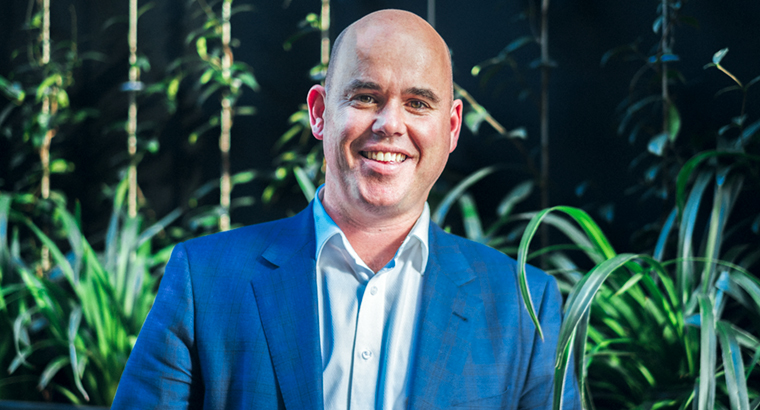News
Funding necessary to help headspace meet growing demand for youth mental health services
The Federal Government’s $51.8 million funding injection will help employ additional staff and expand clinical services.
 Almost one in seven 4–17 year-old Australians experienced a mental disorder in the past year, which is equivalent to 560,000 children and adolescents.
Almost one in seven 4–17 year-old Australians experienced a mental disorder in the past year, which is equivalent to 560,000 children and adolescents.
Imagine being 16 years old and making the difficult decision to seek help for anxiety and depression, only to find the local dedicated youth service does not have the capacity to see you when you need assistance.
‘What we know today is that headspace has been struggling to keep pace with the demand coming through the doors and onto our online services,’ headspace Chief Executive Jason Trethowan said.
With this situation in mind, the Federal Government has announced funding of almost $52 million to headspace, a national mental health service for young Australians experiencing mental health issues.
Mr Trethowan told newsGP he believes much of the increasing demand for headspace services is being driven by a positive factor – a decline in the stigma surrounding mental health.
‘Young people today are now talking more about mental health than previous generations. They’re having more conversations with school teachers and themselves and family,’ he said.
‘That stigma is still alive and well in many parts of Australia, but overall that stigma is becoming less and what’s happening from there is proportionally more people are starting to seek professional supports.
‘headspace is one avenue for young people to seek those supports, and that’s obviously having an impact.’
headspace currently receives $95.7 million per year from the Federal Government, and the one-off $51.8 million funding boost will go towards strengthening existing services.
Almost $13 million of the funding will be invested in eheadspace, the online counselling service that was accessed by close to 34,000 young people last year. The remaining $39 million will be used to employ extra staff at the existing 107 headspace centres across the country, helping to reduce long waiting times and provide a greater range of clinical services.
 headspace Chief Executive Jason Trethowan believes increased demand for the organisation’s services can be attributed in part to a reduction in stigma associated with mental health.
headspace Chief Executive Jason Trethowan believes increased demand for the organisation’s services can be attributed in part to a reduction in stigma associated with mental health.
headspace centres work to ensure a strong relationship with GPs in their areas, and many also employ their own GP on-site.
‘GPs and general practices are effectively the engine room of the primary care system, and 70% of headspace centres have a GP,’ Mr Trethowan said.
‘headspace centres build relationships with the surrounding general practices, which can also benefit from having GPs who specialise in working with young people [for referral].
‘Also, having a GP in a headspace provides a real team-based approach; in a similar way to a general practice clinic where you’ve got nurses, allied health professionals and doctors, headspace can have that in addition to having alcohol and other drug and also vocational supports.’
headspace was established in 2006 to provide holistic and targeted support for people aged between 12–25 years who are experiencing mental health issues. Prime Scott Minister Morrison said he is very supportive of its model of care.
‘We want young people to know they are not alone on their journey, and that we’re backing quality frontline support,’ he said as he announced the funding boost.
‘headspace isn’t just about getting counselling services. It’s everything from helping young people get a job to supporting their physical activity to improving their relationships.
‘It is dealing with the whole person.’
Mr Trethowan is very happy with the funding boost.
‘We’re really pleased the Federal Government has invested in something that is already there in order to provide those additional supports for those local communities,’ he said. ‘[It is] absolutely terrific to see that local investment.
‘The main game is that the funding gets on the ground and then allows the headspace centres to work with their Primary Health Networks to get the services on the ground as soon as possible, which I know will be welcomed.’
Resources
headspace has three online Active Learning Modules (ALMs) for GPs on assessing, managing and supporting young people aged 12–25 years.
Topics:
- Youth mental health
- Alcohol and other drugs and sexual health
- Developmental Disorders
Visit the
headspace website to learn more about or undertake the training.
headspace mental health mental health funding youth mental health
newsGP weekly poll
How often do patients ask you about weight-loss medications such as semaglutide or tirzepatide?